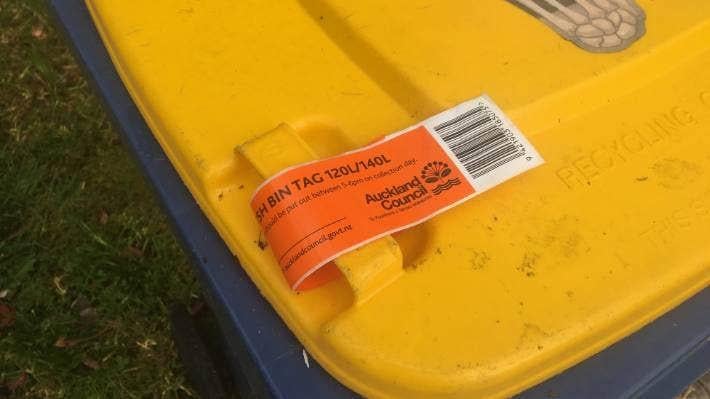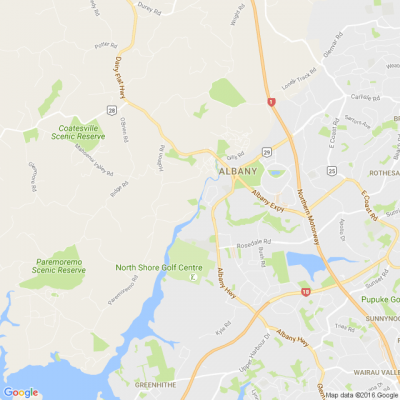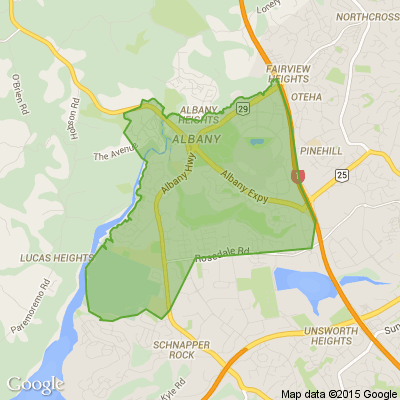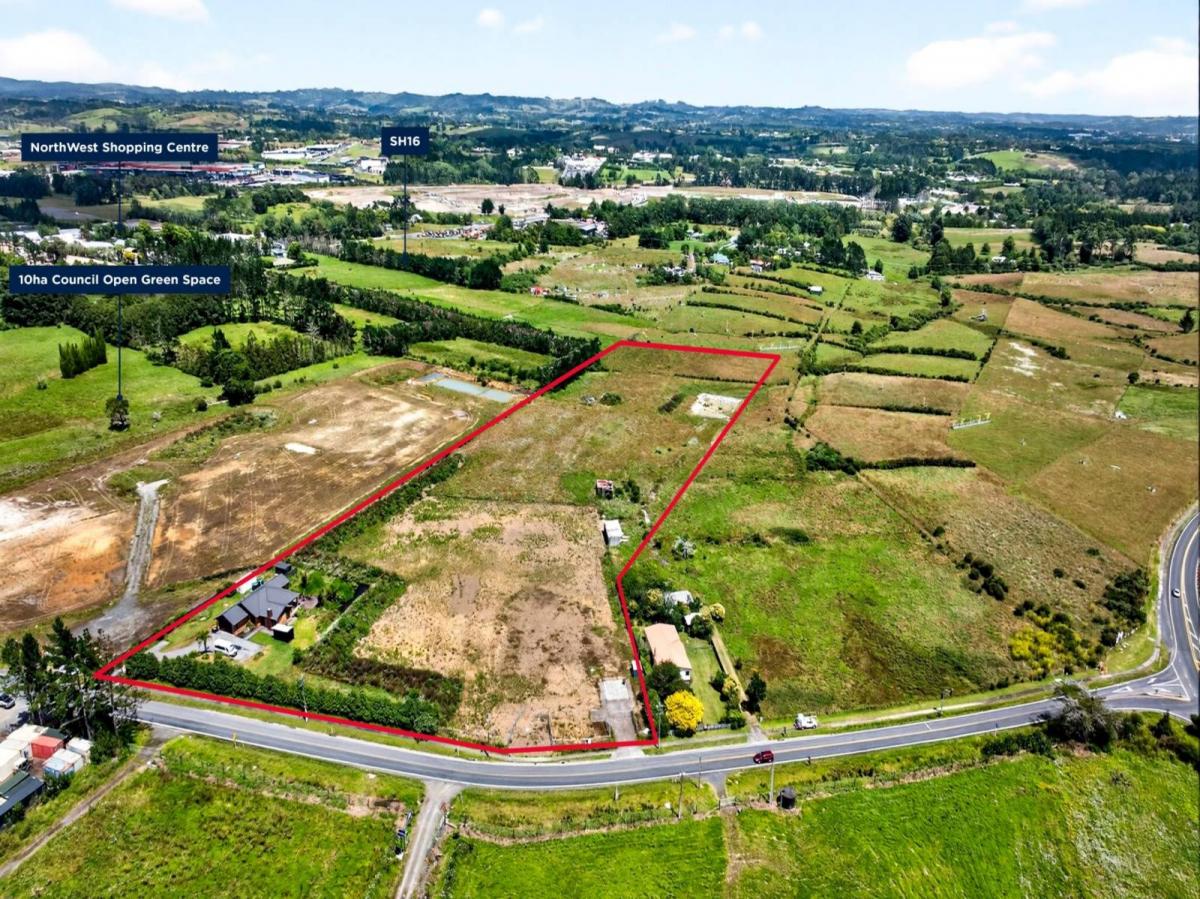Poll: How should our kerbside rubbish collection services be paid for?
Kia ora Tāmaki Makaurau.
Auckland Council is looking to scrap bin tags in parts of Auckland.
The bin tags – or a pay as you throw (PAYT) system – were rolled out in West Auckland, Papakura and on the North Shore between 2017 and 2018.
Rather than paying for kerbside rubbish collection as part of their rates, residents in these areas purchase bin tags from supermarkets, council service centres and libraries, and attach them to their bin on rubbish collection day.
The bin tags were part of the council’s strategy to achieve its goal of zero waste to landfill by 2040, with one standard sized bin (120L, bin tag cost $4.25) fitting the equivalent of, and removing the need for, two plastic rubbish bags.
The council had planned on rolling out this system across the entire region, however it now believes it is too expensive to operate and lacks the financial incentive needed to make people reduce their waste.
Now, it is proposing to move the entire region to a rates-funded collection service, with the choice of three rubbish bin sizes to cater to different household needs and costs.
If the proposal to goes ahead, it is estimated Aucklanders will pay $314 per year for their rubbish, recycling and inorganic collection. Including food scraps collection, this will cost $375.
If the entire region moves to a PAYT system, it is expected each household would spend $353 on bin tags each year, or $415 including food scraps collection. This estimate is based on the current average collection rate of a household with a standard 120L bin.
Consultation on the matter will begin on February 28. So, what do you think should happen?
Read more here: www.stuff.co.nz...

-
34.6% Bin tags make me consider what I send to landfill
-
40.2% Rates-funded collection is easier than using bin tags
-
19.9% Rates-funded collection, but bin tags available for those with little waste
-
5.4% Undecided - tell us in the comments
A Neighbourly Riddle! Don’t Overthink It… Or Do?😜
Do you think you know the answer? Simply 'Like' this post if you know the answer and the big reveal will be posted in the comments at 2pm on the day!
If you multiply this number by any other number, the answer will always be the same. What number is this?

Poll: As a customer, what do you think about automation?
The Press investigates the growing reliance on your unpaid labour.
Automation (or the “unpaid shift”) is often described as efficient ... but it tends to benefit employers more than consumers.
We want to know: What do you think about automation?
Are you for, or against?

-
9.6% For. Self-service is less frustrating and convenient.
-
43.4% I want to be able to choose.
-
47% Against. I want to deal with people.
Ready to make the most of retirement?
From hobbies to adventures, there’s so much to enjoy!
- Explore new hobbies like gardening or painting
- Stay active with walking groups or cycling trails
- Learn something new with online courses or local classes
- Give back through volunteering or mentoring
Read the full article and take our fun quiz to find out which activities suit your personality best below!







 Loading…
Loading…


